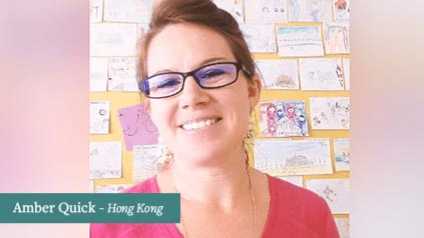Course Description
A prophecy is a message, delivered by a chosen person – but how do we understand the true meaning of the words? Hebrew is the key to unfolding the idioms and metaphors, to reveal the hidden message.
In this course we discuss the words of various spiritual leaders from the Prophetic Books and look into the complex relationship between God’s will, his people and his spokesmen. Starting with Joshua crossing the Jordan, we continue to Elijah and his prodigy Elisha, who raised a child from the dead. Finally, we discuss Isaiah’s Messianic prophecies, which are also quoted in the New Testament.
We do not have any availability for this course right now.
Leave your details and we will be in touch to help you find the right course.
Contact us









 Available on WhatsApp
Available on WhatsApp